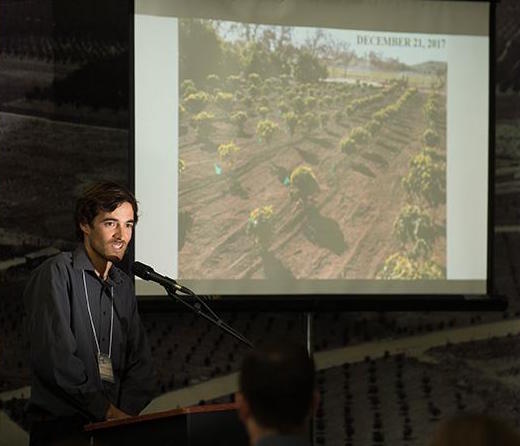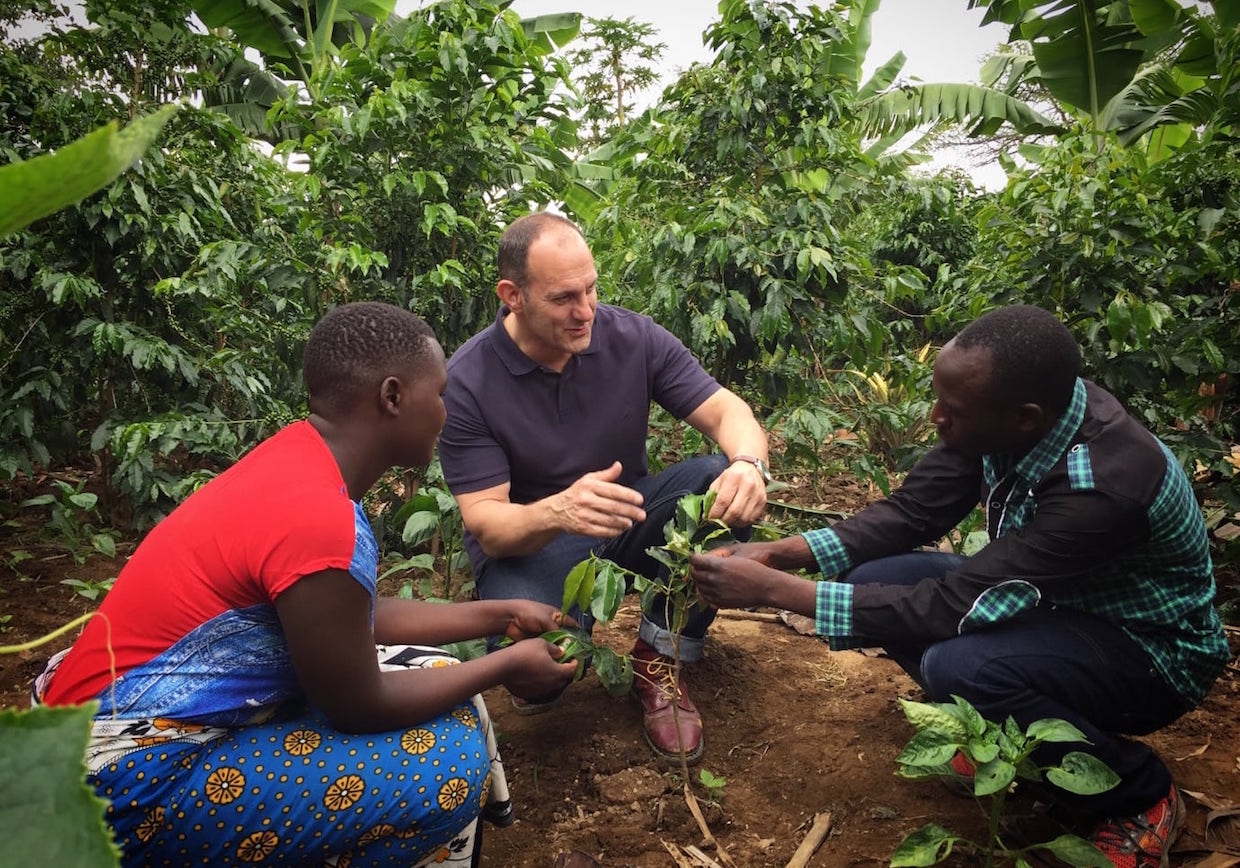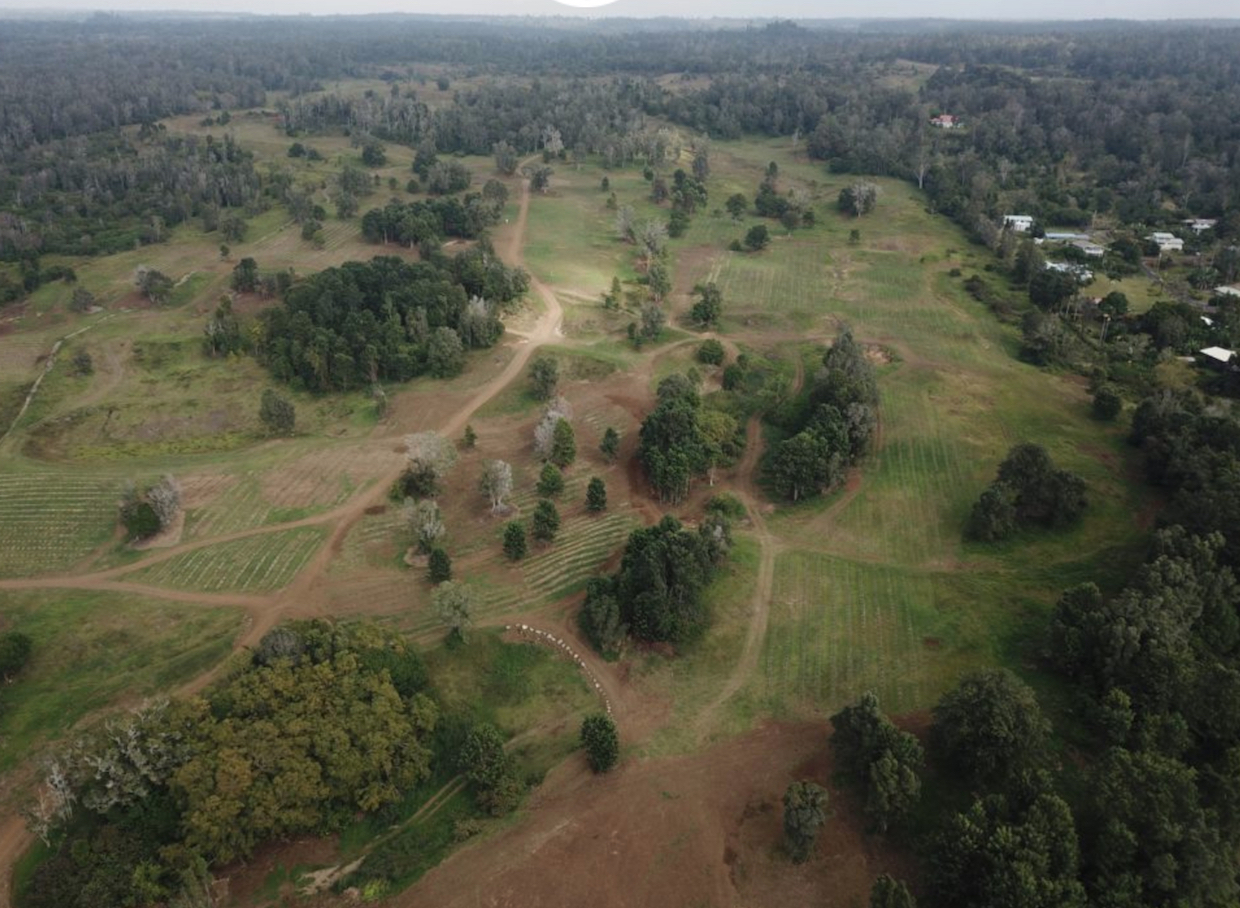Swedish coffee roaster Löfbergs, a fourth-generation-owned company, has taken special interest in cultivating future generations of coffee production. To highlights its efforts and draw attention to the need to keep younger coffee farmers engaged and well compensated, the company has launched the Next Generation Coffee product line. Per a press release published this week:
One important part of the Löfbergs investment is the education and the training that the new generation is offered. The topics vary from finance, entrepreneurship and how to organize, to sustainable farming methods and how to face climate changes. The goal is to increase productivity and quality to enable the farmers to make more money.
Ever wanted to build a mechanical fluid bed coffee roaster with push-button controls and WiFi connectivity for profiling — all by hand and for less than $40? Of course you have. And thanks to a feature this week by Hackaday.com, your weekend plans are already made:
There are only two variables to control with a popcorn popper fluidized bed roaster: agitation and heat input. That means controlling the fan motor and the heater coils, both of which are very amenable to PWM via solid-state relays and beefy MOSFETs, respectively. If you’re going to automate the roast, you’ll also want a temperature probe dipped deep into the swirling mass of beans to use for feedback. As you can see, even going whole-hog isn’t that hard.

Graduate student Chris Van Norden talks about his experience growing coffee on the Cal Poly Pomona campus. Cal Poly Pomona Huntley College of Agriculture photo from the California Coffee Summit.
Even as coffee establishments throughout California wait on the courts to determine whether or not they’ll need to post cancer warnings along with their coffee offerings, the Golden State’s nascent coffee cultivation sector continues its forward march, according to Agnetwest.com, which highlighted an inaugural California Coffee Summit at Cal Poly Pomona:
According to the University of California’s Division of Agriculture and Natural Resources, there are currently 30 farms with over 30,000 coffee trees planted. There are also more than 24 farms forecasted to start growing coffee in 2018.
Of course, California is also known for wine, which like coffee requires carefully cultivated fruit and its terroir. This week, Vinepair published published a handy infographic that displays both the traditional wine belts and the coffee belt, separately and simultaneously, forming what we could perhaps refer to as “the beverage girdle:”
Most crops require certain conditions to grow. Thanks to the diversity of production types, and human factors such as technology, coffee beans and wine grapes can be successfully cultivated in regions worldwide.
Folgers, meanwhile, is harkening back to its California roots for what its parent, The J.M. Smucker Company, hopes will appeal to millennials with a new line of bagged and K-cupped beans branded 1850, according to a paywall-protected scoop this week by the Wall Street Journal. According to the Journal report, the brand is a reference to the company’s founding in San Francisco, where it provided much-needed fuel for gold miners. From the WSJ:
Called 1850 by Folgers and expected to hit shelves in April, it is made with 100% arabica coffee beans, steel-cut instead of pulverized and roasted in perforated drum roasters as opposed to solid ones. The product is to be sold in smaller, 12-ounce bags for an average of 55 cents an ounce, compared to the Folgers brand, which sells for as low as 25 cents an ounce and is usually a blend of arabica and the cheaper robusta beans.
In another big move beneath the star-spangled banner, a new outfit called Kona Hills LLC is causing a stir on the island of Hawaii as it establishes an approximately 1,900-acre farm, which will be the largest farm on the Kona belt. The Hawaii Tribune Herald has more:
The potential economic and market implications involving the introduction of such a powerful entity on such a large scale to what some local coffee farmers refer to as a “cottage industry” has commanded attention across the region.
But it’s the company’s request of the Hawaii Department of Agriculture to grant an exemption to the mandatory one-year quarantine period regarding 1.5 million In-Vitro coffee plants it plans to import from Costa Rica over the next two years that has groups like the Kona Coffee Farmers Association galvanized in opposition.
Feeling the controversy, Kona Hills has publicly released a statement about the HDoA waiver request:
We are comfortable sharing this project with the HDOA and feel it is for the benefit of both the coffee industry in Hawaii and our company. Kona Hills accepts that there will be great debate on new varieties, island traditions, and the evolution of the Kona brand; but the potential impact of CLR and the damage it can do to an industry is irrefutable.
Howard Bryman
Howard Bryman is the associate editor of Daily Coffee News by Roast Magazine. He is based in Portland, Oregon.









Comment